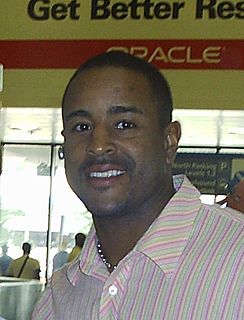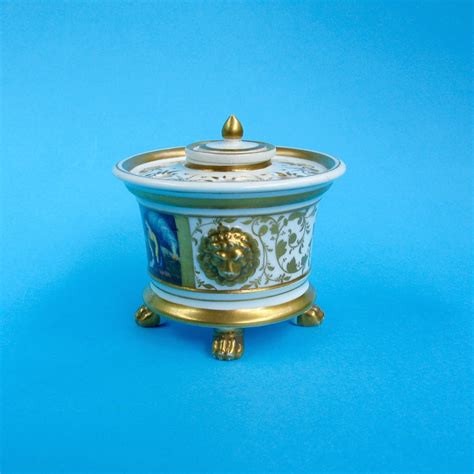Цитата Никки Хейли
Когда мы приходим в НСК, у всех разные мнения. В конце дня мы представляем президенту все факты. Мы позволяем ему принять решение. И мы все, как команда, выходим и поддерживаем это решение.
Связанные цитаты
Решение, которое он принял в отношении Усамы бен Ладена, было тактическим решением. Это не было стратегическим решением. Стратегическое решение было принято президентом Бушем преследовать его. То, что делал президент Обама в свое время, вопросы, которые возникали, пока он был президентом, он каждый раз делал стратегически неправильно.
Когда ты член команды, когда я был членом команды, был ли я в конечном счете согласен или не согласен, когда президент принимает решение, все, по моему мнению, должны согласиться с этим решением, или ты не должен быть членом команды. Ваша репутация растет и падает вместе с человеком, который является лидером команды.
Когда члены команды открыто и страстно делятся своим мнением о решении, они не задаются вопросом, сдерживается ли кто-то. Затем, когда лидер должен вмешаться и принять решение, потому что не существует простого консенсуса, члены команды примут это решение, потому что они знают, что их идеи были услышаны и учтены.
Мы все создаем ожидания того, что мы хотели бы, чтобы произошло после принятия решения. Картина перед нашим мысленным взором могла сыграть важную роль, помогая принять решение. Но как только решение принято, отпустите картину. Поскольку вы не можете контролировать будущее, картина может вызвать несчастье, если она не воплотится. Разочарование может заставить вас упустить то хорошее, что может выйти из любой ситуации, в которой вы оказались.
Время охлаждает, время проясняет; ни одно настроение не может оставаться неизменным в течение нескольких часов. Когда вы принимаете решение «быть» определенным образом, вы можете рассчитывать на перемены и внешние обстоятельства, которые бросят вызов этому решению. Сохраняйте бдительность после объявления важного решения и управляйте собой по отношению к цели. Настройте структуры, которые помогут вам оставаться на цели.
Одна из вещей в том, чтобы быть президентом - этому нельзя научить, вы должны испытать, - есть явный вес принятия решений. И когда я принимаю решение отправить 17 тысяч молодых американцев в Афганистан, вы можете понять это интеллектуально. Но понимая, что это значит для тех семей, для тех молодых людей — когда вы в конечном итоге сидите за своим столом и подписываете — письмо с соболезнованиями одному из членов семьи павшего героя — вам напоминают каждый день, в каждую момент, что - решения, которые вы принимаете, имеют значение.






























